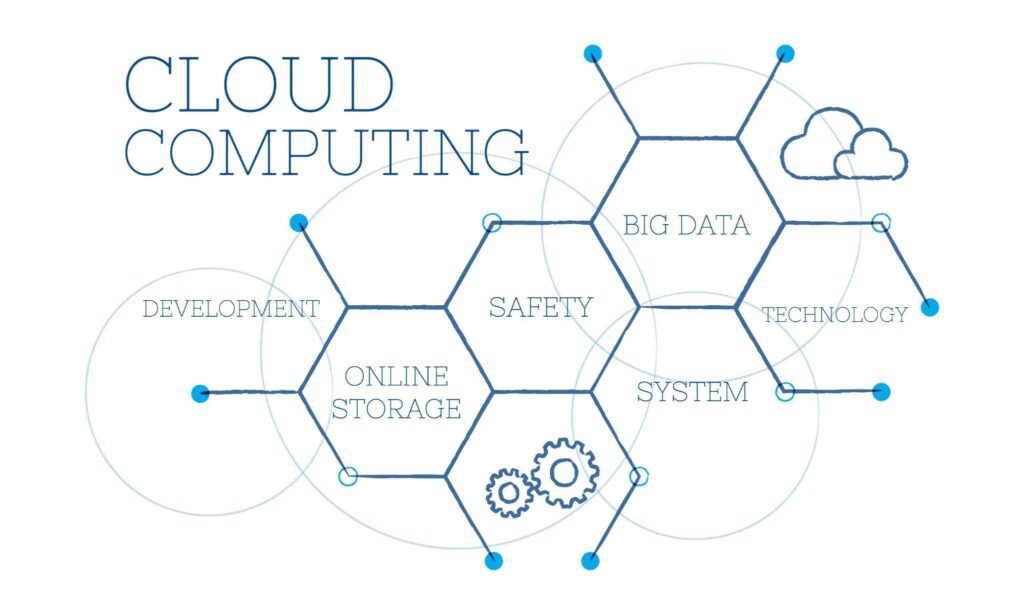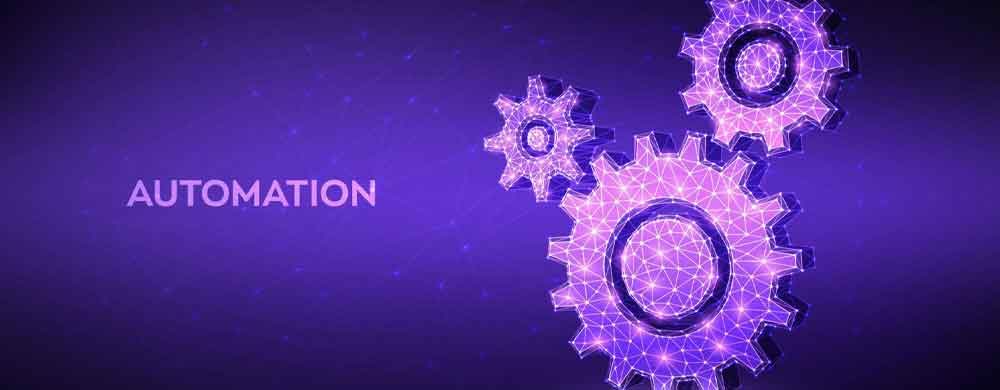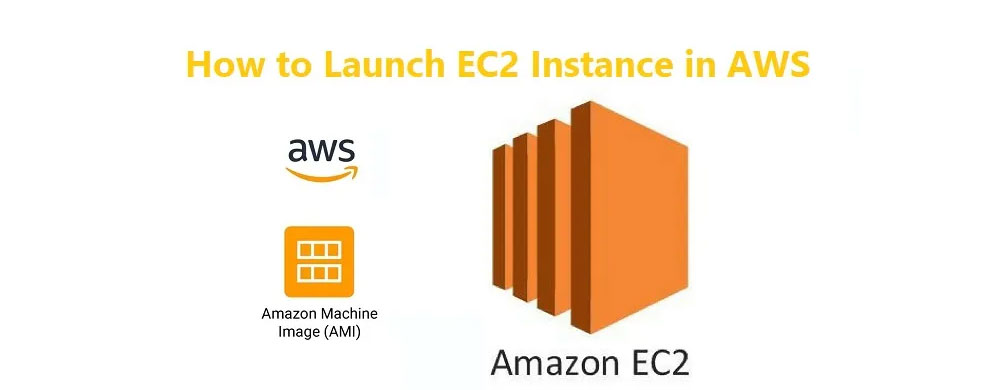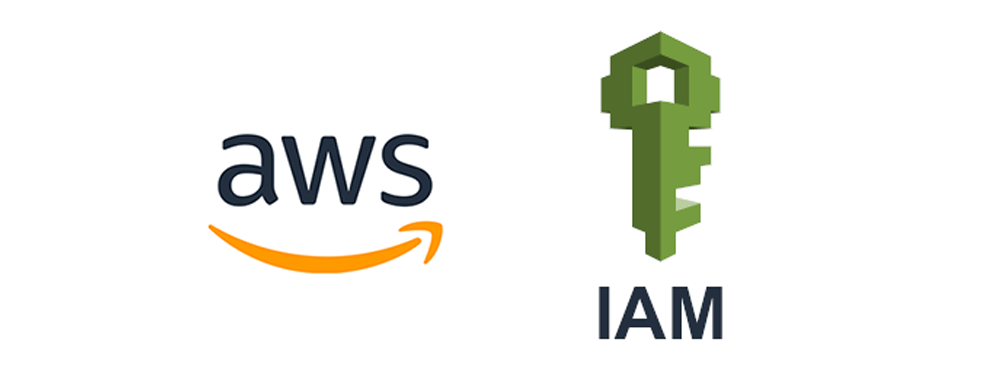Introduction
Whether you’re just starting out in your AWS journey or looking to take your skills to the next level, this post will provide valuable insights and resources to help you along the way.
We’ll highlight the top 10 skills that will set you up for success as an AWS professional. From understanding the core AWS services to being proficient in a programming language, these skills are essential for anyone looking to build a career in cloud computing.
So, let’s get started!
Why you should choose AWS as a Career
AWS has become one of the most popular cloud computing platforms for businesses and individuals, and it is a great choice for a career in the tech industry.
Here are the reasons why you should consider choosing AWS as a career
High demand for AWS professionals
Many businesses use AWS, and there is a high demand for professional expertise in the platform. AWS-certified professionals are in high demand and often have good job prospects and high salaries.
To know more about that read our blog Is cloud practitioner a good career in 2023?
Wide range of career paths
AWS offers professionals various career paths, including solutions architects, developers, sysadmins, and more.
This means you can choose a career path that aligns with your interests and skills.
Opportunities for continuous learning
AWS is constantly evolving, and new services and features are always being introduced.
This means you will have the opportunity to learn and stay with the latest technologies.
Strong professional community
AWS has a strong professional community, and many resources are available for professionals to learn and connect with others in the field.
This includes conferences, meetups, and online communities.
Good work-life balance
Many AWS professionals report having a good work-life balance, and the company has a strong culture of promoting work-life balance for its employees.
Choosing AWS as a career can be great for those interested in the tech industry.
With high demand for professionals, a wide range of career paths, opportunities for continuous learning, a strong professional community, and a good work-life balance, AWS offers many benefits for professionals.
Skills you need for AWS
Familiarity with the AWS ecosystem and services
A software tester needs to have a general understanding of the various services offered by AWS and how they can be used in a testing environment.
As a software tester, it’s important to understand the various services offered by AWS and how they can be used in a testing environment.
Familiarizing with the AWS ecosystem allows you to leverage these services to create a robust and scalable testing environment.
Experience with automation testing tools
Automation testing can greatly improve the efficiency of testing on AWS. Tools such as Selenium and Jenkins can be used to automate the testing process.
Automation testing can greatly improve the efficiency and effectiveness of testing on AWS. By using automation tools, you can reduce the manual effort required to execute tests and increase the speed at which tests can be run. This is especially useful when testing applications deployed in a continuous delivery model, where changes to the codebase are being made and deployed regularly.
Many automation testing tools, such as Selenium and Jenkins, can be used in conjunction with AWS to automate the testing process. Selenium is an open-source tool for automating web browser actions, and Jenkins is a continuous integration server that can automate application testing and deployment.
Using these tools, you can create automated test scripts that can be run on-demand or on a schedule, allowing you to quickly and consistently validate the functionality of your application. This can save time and resources and help you identify issues faster and more accurately.
Proficiency in a programming language
Many of the tools and services offered by AWS have APIs that can be accessed using a programming language. Knowing at least one language, such as Python or Java, can help you write custom scripts and integrate them with other tools.
Knowledge of cloud architecture
Understanding cloud architecture and how it differs from traditional on-premises systems can be useful when testing applications on AWS.
Understanding cloud architecture is an important skill for a software tester working with AWS. While traditional on-premises systems have a fixed infrastructure with dedicated servers and storage, cloud architectures are designed to be flexible and scalable, allowing you to provision and release resources as needed quickly.
In the context of testing, knowledge of cloud architecture can help you understand how to design and set up your testing environment on AWS.
Experience with agile development methodologies
Development methodologies, such as Scrum and Kanban, are often used in conjunction with AWS to enable applications’ rapid and flexible development. As a software tester, it’s essential to have experience with agile methodologies to understand how to fit testing into the overall development process.
In an agile environment, testing is an ongoing and collaborative effort integrated with the development process. While waiting until the end of the development cycle to perform testing, tests are designed and executed as part of the development process. This enables teams to identify and resolve issues early in the development cycle, improving the overall quality of the application.
As a software tester working with AWS, you may be responsible for developing and executing tests as part of the development process, collaborating with developers and other stakeholders to ensure that tests are effective and aligned with the overall project goals.
Understanding of best practices
As a software tester, it’s important to have a strong understanding of best practices to ensure that you can effectively validate the quality of your application. This is especially important when working with AWS, as the cloud introduces a number of unique considerations that must be considered when testing.
Some best practices to consider when testing on AWS include the following:
Leverage automation
Automation can greatly improve the efficiency and effectiveness of testing on AWS. Using tools such as Selenium and Jenkins, you can automate the execution of tests and reduce the amount of manual effort required.
Use real-world data
To accurately test your application, it’s important to use data that is representative of the real-world environment in which your application will be used. This might include user profiles, transactions, and other types of real-world data.
Monitor performance
It’s important to ensure that your application performs well on AWS. Use tools such as CloudWatch to monitor the performance of your application and identify any issues that may arise.
Secure your tests
Security is a critical consideration when working with cloud services. Make sure to follow best practices for securing your tests and test data to protect against potential threats.
Collaborate with stakeholders
Testing is not a siloed activity – it should be integrated with the overall development process. Collaborate with developers and other stakeholders to ensure that your tests are effective and aligned with project goals
Ability to use cloud debugging and monitoring tools
As a software tester working with AWS, it’s important to have the ability to use cloud debugging and monitoring tools to identify and resolve issues during testing. AWS offers a variety of tools that can be used for this purpose, such as CloudWatch and X-Ray.
CloudWatch is a monitoring service that logs events for your applications. You can use CloudWatch to monitor the performance of your application during testing and set alarms to notify you of any issues that may arise.
X-Ray is a distributed tracing service that enables you to debug issues in distributed applications. By using X-Ray, you can trace the path of a request through your application, identify bottlenecks, and troubleshoot issues more effectively.
Knowledge of performance testing
Performance testing is an important consideration when working with AWS for tester, as it enables you to ensure that your application performs well under various workloads and conditions. Various tools and techniques can be used for performance testing on AWS, including load testing, stress testing, and scalability testing.
Load testing involves simulating a heavy workload on your application to evaluate its performance. This can help you to identify bottlenecks and other issues that may affect the performance of your application under real-world conditions.
Stress testing involves pushing your application beyond its normal operating limits to see how it performs under extreme conditions. This can help you identify your application’s breaking point and determine whether it can handle unexpected spikes in traffic or workload.
Scalability testing involves evaluating your application’s ability to scale up or down as needed to meet changing workloads. This can help you ensure that your application can handle the expected volume of traffic and workload and scale as needed to meet demand.
Familiarity with containerization
Using tools such as Docker, containerization can be useful for testing applications on AWS. Containers allow you to package your application and its dependencies into a single, portable package that can be easily deployed and run on any environment. This can be especially useful when testing applications on AWS, as it enables you to quickly and easily spin up and tear down test environments as needed.
To use containers for testing on AWS, you can leverage services such as Amazon Elastic Container Service (ECS) or Amazon Elastic Kubernetes Service (EKS). These services enable you to deploy and manage containerized applications on AWS and offer a variety of features to support testing and the ability to run tests on a variety of different environments.
In addition to using containers for testing, you can also use them for continuous integration and delivery (CI/CD). By using a containerized CI/CD pipeline, you can automate the testing and deployment of your application and ensure that it is continuously tested and delivered in a consistent and reliable manner.
Experience with test-driven development
Test-driven development (TDD) is a software development technique in which tests are written for a piece of code before the code itself is written. This approach helps to ensure that code is of high quality, as it is developed with testing in mind from the start.
As a software tester working with AWS, having experience with TDD can be helpful in a number of ways. First, it can enable you to write effective tests closely aligned with your application’s functionality. By following the TDD approach, you can ensure that your tests cover your application’s full range of functionality and provide comprehensive coverage.
Second, TDD can help you identify and resolve issues early in development. By writing tests before code is written, you can catch issues as soon as they are introduced, rather than having to track them down later in the development cycle. This can save time and resources and help you to deliver a higher-quality application.
Finally, TDD can help you to optimize your testing efforts by focusing on the most important aspects of your application. By prioritizing tests based on the functionality of your application, you can ensure that you are testing the most important features and functionality first rather than wasting time on less critical areas.
Wrapping up
In conclusion, many skills are important for professionals working with AWS. Familiar with cloud computing concepts and architecture.
A strong foundation in these skills can help professionals succeed in their roles with AWS and make the most of the platform’s capabilities.
Continuing to learn and stay up-to-date with the latest technologies and best practices is also important in this fast-moving field.
Author’s Bio:

As CEO of TestLeaf, I’m dedicated to transforming software testing by empowering individuals with real-world skills and advanced technology. With 24+ years in software engineering, I lead our mission to shape local talent into global software professionals. Join us in redefining the future of test engineering and making a lasting impact in the tech world.
Babu Manickam






